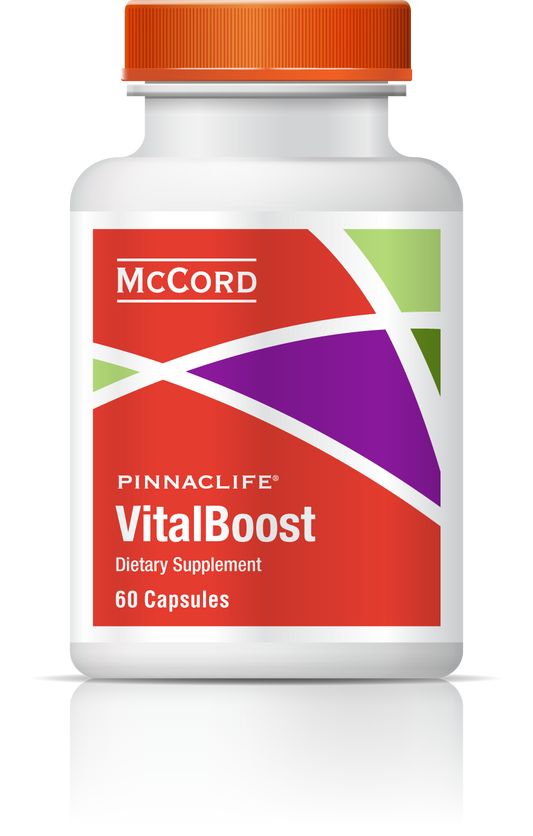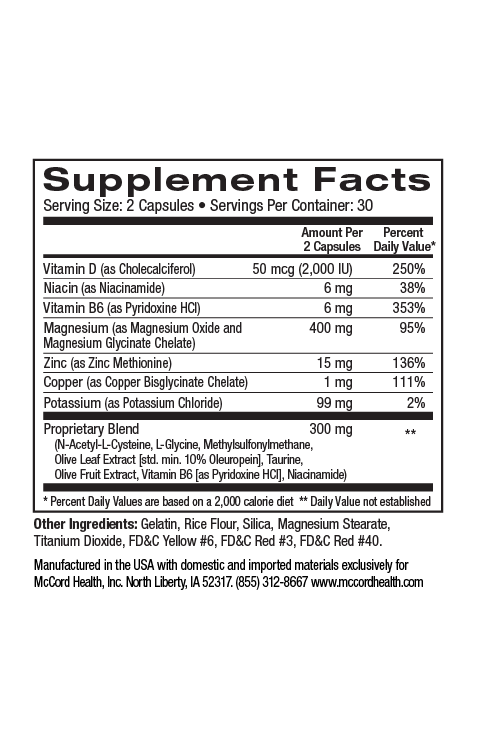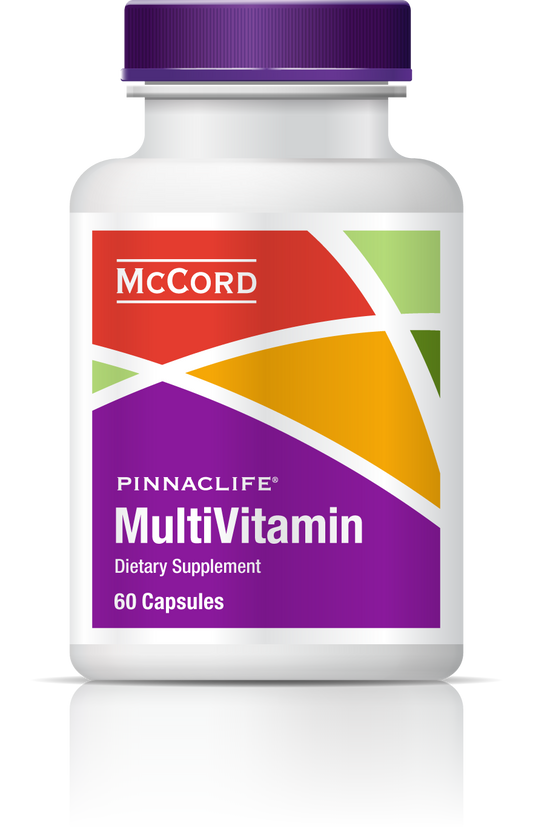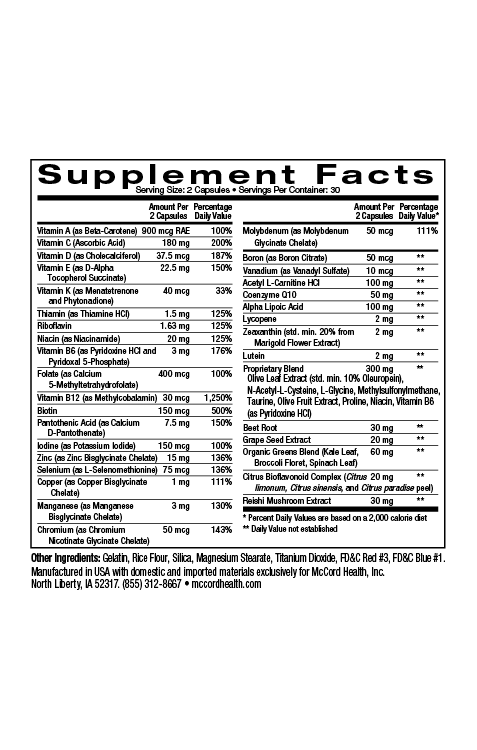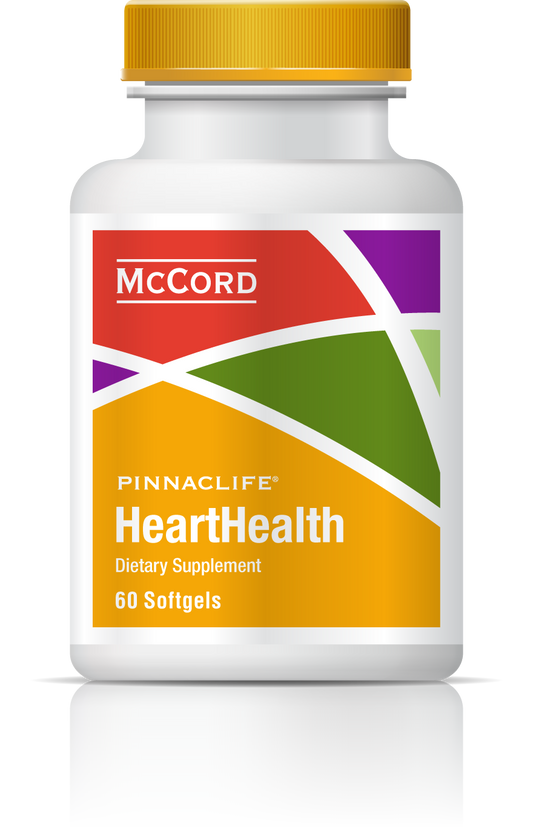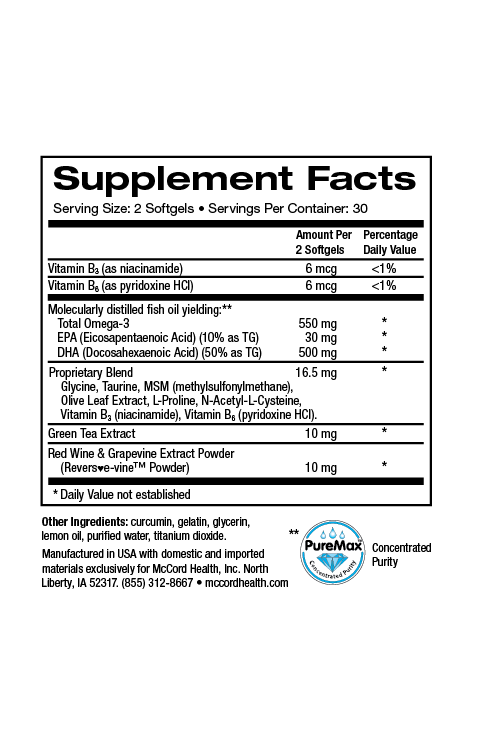Feeling drained? It might be time to boost your energy levels naturally with the help of supplements. Navigating the world of supplements can be tricky, but don’t worry! Here are simple and effective tips to help you regain your zest for life.
1. Understanding the Role of Supplements
Before diving into specific supplements, it’s crucial to understand how they can impact your energy levels. Supplements fill nutritional gaps and support bodily functions contributing to increased vitality. They can be a wonderful addition to a balanced diet, ensuring your body receives everything it needs to function optimally. Often, lifestyle changes alone may not suffice, and that’s where supplements come in. By enhancing your nutrient intake, supplements can be the bridge between feeling tired and achieving a more vibrant, energetic state.
It’s important to approach supplement use with the right information. Each individual’s body responds differently, so it’s essential to tailor your supplement choices to your specific needs. This means understanding the underlying factors that contribute to low energy levels. Whether it’s due to poor diet, lack of exercise, or chronic stress, pinpointing the causes can help guide you in choosing the right supplements. Remember, supplements should complement—not replace—a healthy lifestyle.
2. The Power of Vitamin B Complex
Vitamin B complex is known for its energy-boosting properties. These essential nutrients help transform food into energy, reducing fatigue and enhancing physical performance. This vitamin group includes B1, B2, B3, B5, B6, B7, B9, and B12. Each plays an integral role in energy metabolism and red blood cell formation, which are crucial for maintaining vitality and reducing the risk of anemia—a common energy-zapping condition.
Incorporating Vitamin B complex into your routine can make a notable difference. For instance, Vitamin B12 is essential for keeping your nerve and blood cells healthy, while B6 aids in the production of serotonin, the mood-regulating hormone. Deficiencies in these vitamins often lead to fatigue, irritability, and concentration problems. Ensuring you’re getting enough through diet or supplements can result in improved mood and energy levels. If you find it challenging to get enough through your diet alone, consider a Vitamin B complex supplement as part of your daily regimen.
3. Embrace Magnesium for Muscle Function
Magnesium plays a vital role in energy production and muscle function. A sufficient magnesium intake can help overcome fatigue and improve endurance during physical activities. This mineral is essential for converting food into energy, muscle relaxation, and even supporting a calm mood. A deficiency in magnesium might manifest as muscle cramps, fatigue, or restless nights, impacting your overall energy levels.
To combat this, consider incorporating magnesium-rich foods such as almonds, spinach, and avocados into your diet. Additionally, magnesium supplements can be a helpful adjunct if dietary sources are insufficient, particularly if you’re active. Magnesium’s role in muscle relaxation means it can aid in quicker recovery post-exercise, helping you bounce back with energy for the next workout. There’s a reason athletes often look to magnesium as a secret weapon against fatigue.
4. Iron for Enhanced Oxygen Transport
Iron is essential for carrying oxygen in the blood. Low levels can lead to fatigue, so ensuring adequate iron intake can help maintain energy and prevent tiredness. Iron is a crucial component of hemoglobin, the substance in red blood cells that carries oxygen from your lungs to the rest of your body. Without enough iron, your body can’t get the oxygen it needs, leading you to feel lethargic and may contribute to anemia.
Ensuring you consume sufficient iron can dramatically increase your productivity and daily zest. This might mean including foods like red meat, fish, lentils, and leafy greens in your meals. In some cases, especially with dietary restrictions, iron supplements might be recommended. It’s essential to approach iron supplementation carefully, as too much iron can lead to toxicity. Consulting a healthcare provider for personalized advice is often the best course of action.
5. Coenzyme Q Ten and Cellular Energy
Coenzyme Q Ten is crucial for producing cellular energy. Consuming supplements with this compound can enhance mitochondrial function and boost overall energy levels. As we age, the natural levels of Coenzyme Q10 in our bodies decline, leading to lower energy and efficiency in our cells.
Using supplements to boost your CoQ10 levels can be beneficial, especially if you’re experiencing a midlife energy slump. Not only is it a potent antioxidant, but it also supports heart health and the immune system by aiding the mitochondria—our body’s energy factories—in breaking down food into usable energy. This process can ultimately lead to more sustained energy throughout your day, providing you with the push you need to tackle everyday activities with vigor.
6. Adaptogens to Combat Stress
Adaptogenic herbs like Rhodiola and Ashwagandha can help manage stress and enhance your energy by balancing the body’s response to physical and mental stressors. These natural herbs work by regulating your adrenal glands and helping the body maintain homeostasis, or balance, during stressful times.
Incorporating adaptogens into your routine can buffer against the effects of stress, allowing for improved mental clarity and reduced fatigue. Whether brewed as a tea, taken as a supplement, or added to smoothies, these herbs can be game-changers for those looking to enhance resilience in stressful environments. Over time, using adaptogens may lead to a more tranquil state, making it easier to face daily challenges with a clear mind and energetic body.
7. Omega Three Fatty Acids for Brain Power
These essential fatty acids are known to support brain health and improve cognitive function, making you feel more alert and focused throughout the day. Omega-3s are vital components of cell membranes in the brain and play critical roles in anti-inflammatory pathways.
Consuming omega-3 fatty acids can help enhance memory and learning capabilities, which is crucial for maintaining mental sharpness. Rich sources include fish like salmon and mackerel, as well as vegetarian options like flaxseeds and walnuts. For those with dietary restrictions, high-quality omega-3 supplements can ensure that brain health support is just a capsule away. Maintaining optimal levels of these fatty acids can result in improved attention spans and reduced symptoms of anxiety, leading to a clearer, more focused mind and a more energetic approach to daily tasks.


